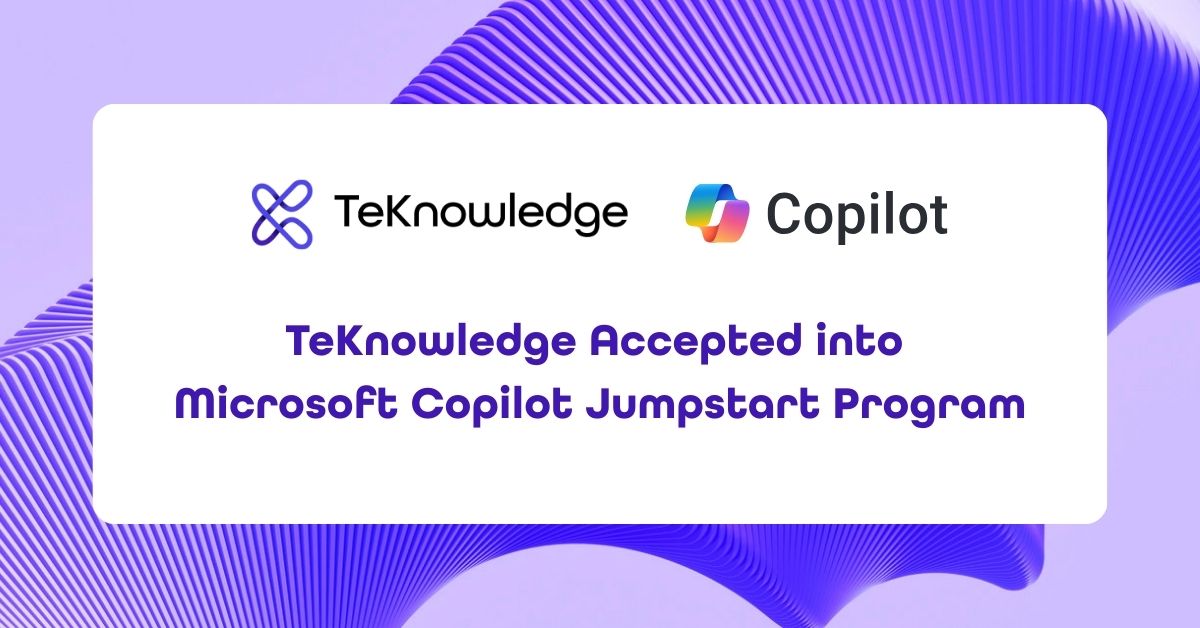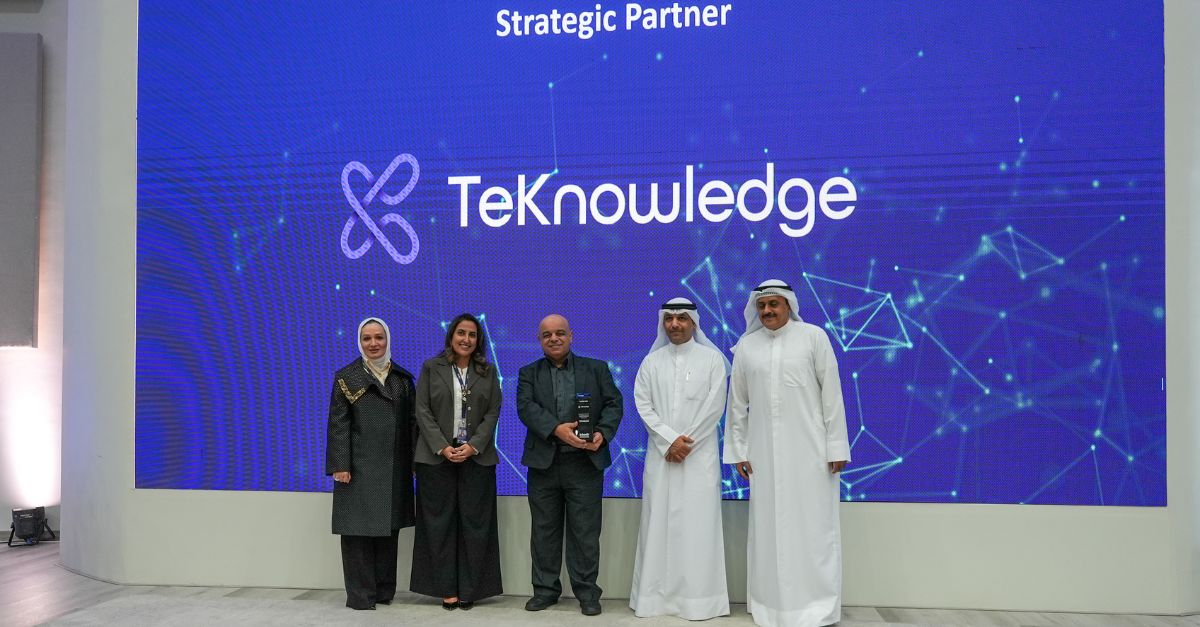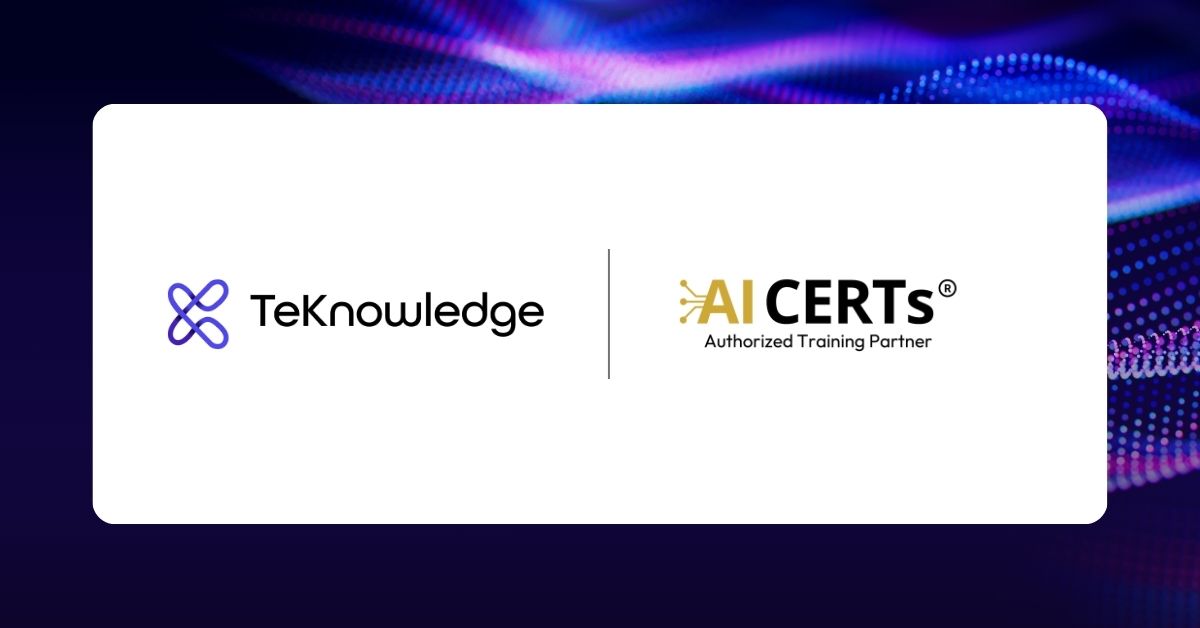The conversation in boardrooms has shifted. Leaders are no longer asking “Should we invest in AI?” but rather “Why aren’t we seeing ROI from our AI investments?”. The answer lies not in the AI models themselves, but in the data that powers them.
The AI Readiness Gap
Over the past decade, enterprises have invested billions in data infrastructure: data lakes, warehouses, and analytics platforms. Yet when it comes time to deploy AI at scale, many organizations discover a troubling reality: being data-rich does not mean being AI-ready.
According to leading industry research, around 88% of organizations now use AI in at least one business function, yet only about 25–30% successfully advance AI projects beyond pilot into production. The primary barrier? Data readiness.
AI models are only as intelligent as the data they consume. When that data is siloed, inconsistent, or poorly governed, even sophisticated machine learning algorithms fail to deliver meaningful business value.
What AI-Ready Data Actually Means
The shift from data-rich to AI-ready requires evolution across six critical dimensions:
- Data Quality and Trust – AI models amplify whatever they learn. AI-ready organizations establish robust data quality frameworks, automated validation, and clear data lineage that builds confidence in every dataset.
- Unified Access – AI thrives on context. True readiness means breaking down data silos and creating unified, governed data environments that provide holistic views of your business.
- Real-Time Intelligence – Yesterday’s insights are insufficient for today’s decisions. AI-ready infrastructure supports streaming analytics and real-time processing, enabling continuous learning and immediate response.
- Security & Privacy – AI systems process sensitive data at scale. True readiness means embedded security controls, encryption, threat detection, and privacy-preserving techniques that protect both your organization and your customers.
- Governance at Scale – As AI becomes embedded in critical processes, comprehensive frameworks for access control, privacy protection, and regulatory compliance become non-negotiable.
- Operationalized Analytics – The ultimate measure of readiness is whether AI insights actually drive decisions, embedded directly into workflows and systems where business value is created.
Why AI Readiness Drives Competitive Advantage
Organizations that achieve AI readiness are seeing significant business impact across industries:
- Improved Decision Quality – Many enterprises report 20–40% productivity and decision accuracy gains from AI deployment and data-driven analytics.
- Operational Excellence – Data-driven operations and predictive insights are delivering measurable improvements in efficiency and resource utilization.
- Customer Experience at Scale – AI-enabled personalization and real-time insight are driving stronger engagement, conversion, and customer lifetime value across digital channels.
- Revenue Growth and Risk Reduction – Despite rising adoption, only approximately 5–12% of organizations report measurable cost and revenue impact from AI today, highlighting the importance of true AI readiness.
The pattern is consistent across sectors: AI readiness unlocks value that remains inaccessible to organizations with fragmented, ungoverned data foundations. Whether in financial services, retail, manufacturing, healthcare, or technology, the competitive advantage belongs to those who can trust their data and operationalize AI insight at scale.
Introducing TeKnowledge Advanced Data Services: Our Latest Portfolio Addition
TeKnowledge is thrilled to announce the launch of Advanced Data Services, the newest addition to our AI-First portfolio—designed specifically to bridge the gap from data-rich to AI-ready for enterprises worldwide. Drawing on our proven expertise managing massive data volumes across industries, this offering delivers secure, cloud-native data platforms with automated pipelines, real-time streaming, and unified governance to unlock actionable AI insights at scale. Tailored for financial services, retail, manufacturing, and beyond, it accelerates AI adoption while embedding security and compliance from the start, empowering your teams with strategic assessments, modern architectures, and measurable ROI.
TeKnowledge’s Approach: Engineering AI Readiness That Delivers
At TeKnowledge, we’ve helped organizations navigate the journey from data-rich to AI-ready. This evolution requires more than technology. It requires clear strategy connecting data capabilities directly to business value.
Our approach is built on five integrated pillars:
- Strategic Data Readiness Assessments – We evaluate your data landscape across quality, integration, governance, security, and accessibility, identifying gaps preventing AI success and prioritizing high-ROI investments.
- Modern Data Architecture – We help design and implement secure, cloud-native data platforms that provide the foundation for AI at scale, including integrated data layers, real-time streaming capabilities, and automated pipelines.
- AI Security & Governance – We establish comprehensive security and governance frameworks specifically designed for AI workloads, covering data protection, quality standards, access controls, privacy compliance, model explainability, and regulatory requirements.
- Industry-Specific Frameworks – We leverage proven AI implementation patterns and best practices to accelerate time-to-value while customizing for your unique business context.
- Value Realization – We work alongside your teams to build capabilities, measure business outcomes, and develop internal expertise that ensures sustained success.
What This Means for Organizations Today
Whether you’re a financial institution looking to enhance risk management, a retailer seeking to personalize customer experiences, a manufacturer optimizing operations, or a technology company building AI-powered products, the foundation remains consistent.
Organizations that partner with TeKnowledge gain strategic clarity on which AI opportunities deliver the highest business impact, proven methodologies that accelerate time-to-value, robust governance frameworks that ensure responsible and compliant AI deployment, and the internal capabilities needed to sustain competitive advantage.
We meet organizations where they are, whether building first-generation modern data foundations or accelerating existing AI initiatives that have stalled, and chart realistic paths to measurable outcomes.
The Path Forward
The AI revolution isn’t coming – it’s here. Leaders will be those who recognize that AI success begins with data readiness. They’ll invest in unified platforms, robust governance, security controls, and real-time capabilities. They’ll embed AI into core business processes and measure success in revenue generated, costs reduced, and risks mitigated.
The opportunity is clear: Every organization possesses the raw material for AI success—its data. The challenge lies in transforming that raw material into trusted insight, intelligent action, and measurable value.
TeKnowledge exists to make that evolution real. We help businesses identify high-impact AI opportunities, build the required data foundations with security at the core, and deliver solutions that create sustained competitive advantage.
The gap between data-rich and AI-ready will only widen. Organizations that act now will build advantages that become increasingly difficult for competitors to overcome.
Because the future doesn’t belong to organizations with the most data. It belongs to those who are truly ready to use it.
Sources
Industry benchmarks and statistics referenced from research and publications by McKinsey, Gartner, IBM, MIT Sloan, and BCG.









